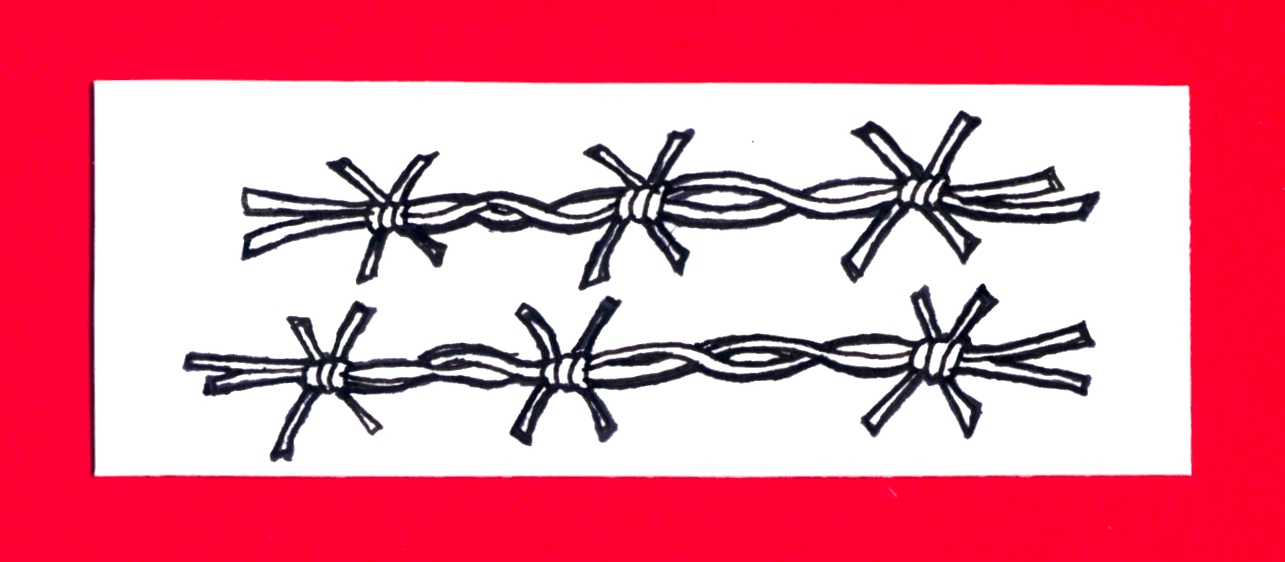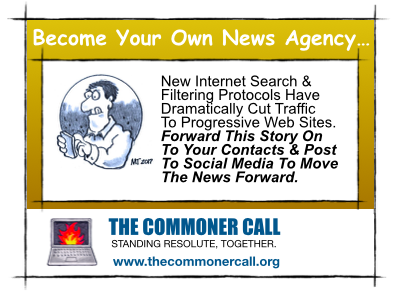
Understand: Police officers are part of the state monopoly on violence and all police training reinforces this monopoly as a cornerstone of police work, a source of honor and pride.
By Officer A. Cab
Medium (6/6/20)
I was a police officer for nearly ten years and I was a bastard. We all were.
This essay has been kicking around in my head for years now and I’ve never felt confident enough to write it. It’s a time in my life I’m ashamed of. It’s a time that I hurt people and, through inaction, allowed others to be hurt. It’s a time that I acted as a violent agent of capitalism and white supremacy. Under the guise of public safety, I personally ruined people’s lives but in so doing, made the public no safer… so did the family members and close friends of mine who also bore the badge alongside me.
But enough is enough.
The reforms aren’t working. Incrementalism isn’t happening. Unarmed Black, indigenous, and people of color are being killed by cops in the streets and the police are savagely attacking the people protesting these murders.
Using the incremental mechanisms of the status quo will never reform the police because the status quo relies on police violence to exist. Capitalism requies a permanent underclass to exploint cheap labor and it requires the cops to bring that underclass to heel.
American policing is a thick blue tumor strangling the life from our communities and if you don’t believe it when the poor and the marginalized say it, if you don’t believe it when you see cops across the country shooting journalists with less-lethal bullets and caustic chemicals, maybe you’ll believe it when you hear it straight from the pig’s mouth.
WHY AM I WRITING THIS
As someone who went through the training, hiring, and socialization of a career in law enforcement, I wanted to give a first-hand account of why I believe police officers are the way they are. Not to excuse their behavior, but to explain it and to indict the structures that perpetuate it.
I believe that if everyone understood how we’re trained and brought up in the profession, it would inform the demands our communities should be making of a new way of community safety. If I tell you how we were made, I hope it will empower you to unmake us.
One of the other reasons I’ve struggled to write this essay is that I don’t want to center the conversation on myself and my big salty boo-hoo feelings about my bad choices. It’s a toxic white impulse to see atrocities and think “How can I make this about me?” So, I hope you’ll take me at my word that this account isn’t meant to highlight me, but rather the hundred thousand of me in every city in the country. It’s about the structure that made me (that I chose to pollute myself with) and it’s my meager contribution to the cause of radical justice.
YES, ALL COPS ARE BASTARDS
I was a police officer in a major metropolitan area in California with a predominantly poor, non-white population (with a large proportion of first-generation immigrants). One night during briefing, our watch commander told us that the city council had requested a new zero tolerance policy. Against murderers, drug dealers, or child predators?
No, against homeless people collecting cans from recycling bins.
See, the city had some kickback deal with the waste management company where waste management got paid by the government for our expected tonnage of recycling. When homeless people “stole” that recycling from the waste management company, they were putting that cheaper contract in peril. So, we were to arrest as many recyclers as we could find.
Even for me, this was a stupid policy and I promptly blew Sarge off. But a few hours later, Sarge called me over to assist him. He was detaining a 70 year old immigrant who spoke no English, who he’d seen picking a coke can out of a trash bin. He ordered me to arrest her for stealing trash. I said, “Sarge, c’mon, she’s an old lady.” He said, “I don’t give a shit. Hook her up, that’s an order.” And… I did. She cried the entire way to the station and all through the booking process. I couldn’t even comfort her because I didn’t speak Spanish. I felt disgusting but I was ordered to make this arrest and I wasn’t willing to lose my job for her.
If you’re tempted to feel sympathy for me, don’t. I used to happily hassle the homeless under other circumstances. I researched obscure penal codes so I could arrest people in homeless encampments for lesser known crimes like “remaining too close to railroad property” (369i of the California Penal Code). I used to call it “planting warrant seeds” since I knew they wouldn’t make their court dates and we could arrest them again and again for warrant violations.
We used to have informal contests for who could cite or arrest someone for the weirdest law. DUI on a bicycle, non-regulation number of brooms on your tow truck (27700(a)(1) of the California Vehicle Code)… shit like that. For me, police work was a logic puzzle for arresting people, regardless of their actual threat to the community. As ashamed as I am to admit it, it needs to be said: stripping people of their freedom felt like a game to me for many years.
I know what you’re going to ask: did I ever plant drugs? Did I ever plant a gun on someone? Did I ever make a false arrest or file a false report? Believe it or not, the answer is no. Cheating was no fun, I liked to get my stats the “legitimate” way. But I knew officers who kept a little baggie of whatever or maybe a pocket knife that was a little too big in their war bags (yeah, we called our dufflebags “war bags”…). Did I ever tell anybody about it? No I did not. Did I ever confess my suspicions when cocaine suddenly showed up in a gang member’s jacket? No I did not.
In fact, let me tell you about an extremely formative experience: in my police academy class, we had a clique of around six trainees who routinely bullied and harassed other students: intentionally scuffing another trainee’s shoes to get them in trouble during inspection, sexually harassing female trainees, cracking racist jokes, and so on. Every quarter, we were to write anonymous evaluations of our squadmates. I wrote scathing accounts of their behavior, thinking I was helping keep bad apples out of law enforcement and believing I would be protected. Instead, the academy staff read my complaints to them out loud and outed me to them and never punished them, causing me to get harassed for the rest of my academy class. That’s how I learned that even police leadership hates rats. That’s why no one is “changing things from the inside.” They can’t, the structure won’t allow it.
And that’s the point of what I’m telling you. Whether you were my sergeant, legally harassing an old woman, me, legally harassing our residents, my fellow trainees bullying the rest of us, or “the bad apples” illegally harassing “shitbags”, we were all in it together. I knew cops that pulled women over to flirt with them. I knew cops who would pepper spray sleeping bags so that homeless people would have to throw them away. I knew cops that intentionally provoked anger in suspects so they could claim they were assaulted. I was particularly good at winding people up verbally until they lashed out so I could fight them. Nobody spoke out. Nobody stood up. Nobody betrayed the code.
None of us protected the people (you) from bad cops.
This is why “All cops are bastards.” Even your uncle, even your cousin, even your mom, even your brother, even your best friend, even your spouse, even me. Because even if they wouldn’t Do The Thing themselves, they will almost never rat out another officer who Does The Thing, much less stop it from happening.
BASTARD 101
I could write an entire book of the awful things I’ve done, seen done, and heard others bragging about doing. But, to me, the bigger question is “How did it get this way?”. While I was a police officer in a city 30 miles from where I lived, many of my fellow officers were from the community and treated their neighbors just as badly as I did. While every cop’s individual biases come into play, it’s the profession itself that is toxic, and it starts from day 1 of training. …
(Commoner Call art by Mark L. Taylor, 2020. Open source and free for non-derivative use with link to www.thecommonercall.org )

